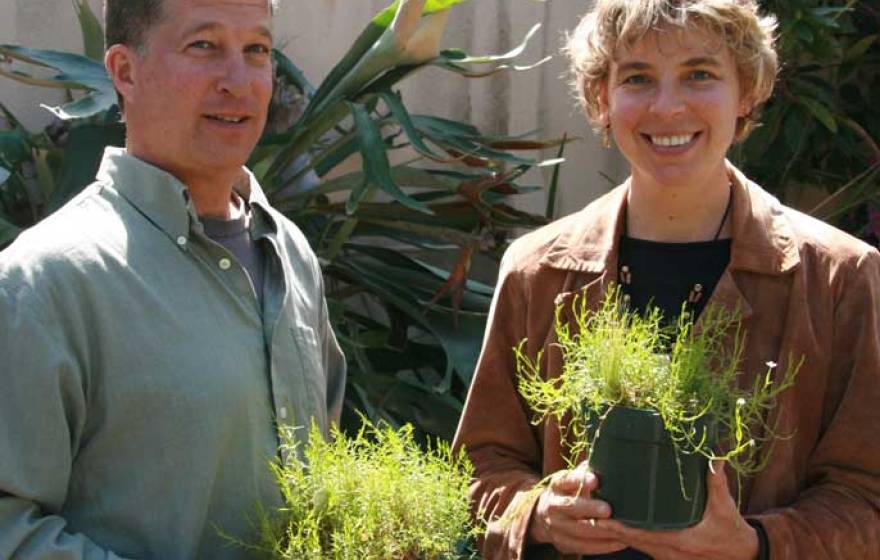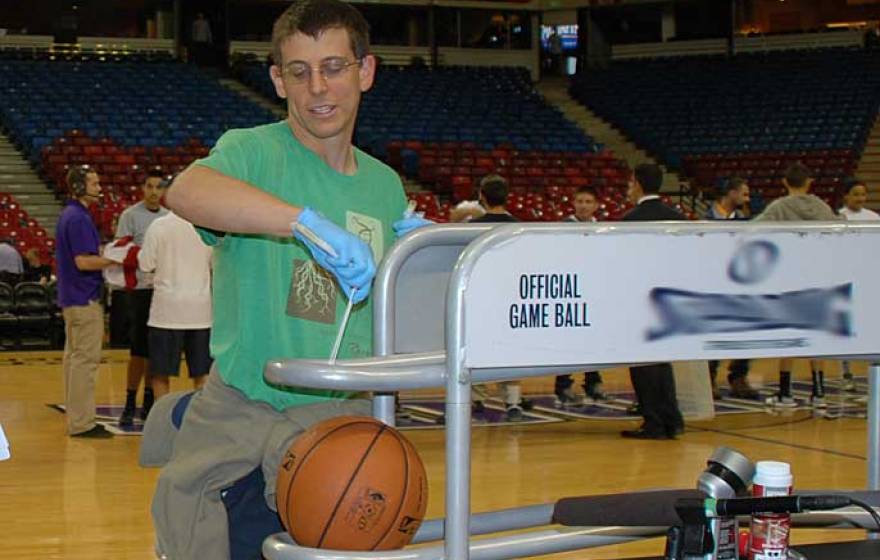Wall Street Journal |
The future of brain implants
How soon can we expect to see brain implants for perfect memory, enhanced vision, hypernormal focus or an expert golf swing?
UC San Diego |
Lied-to children more likely to cheat and lie
When adults are dishonest with their offspring, the children mirror that behavior.
UC Santa Cruz |
Bringing plant back from the brink of extinction
Experimental reintroductions are helping to establish new populations of a critically endangered wetland plant.
UCLA |
Geographers create 'easy button' to calculate river flows from space
The frustrated attempts of a graduate student to quantify the amount of water draining from Greenland's melting ice sheet led him to devise a new way to measure river flows using satellite images.
New York Times |
Fusion: machinery of an energy dream
The challenge: how to keep fusion going long enough.
UC San Diego |
Glimpse of Big Bang 'fingerprint'
Cosmologists detect curling patterns that appear to have resulted from the initial expansion of the universe.
Scripps Institution of Oceanography |
Long dry spells ahead
By century's end, some parts of the world will have as much as a month less rainfall.
UC Santa Barbara |
You should be ashamed — or maybe not
Sociologist examines the ubiquity of shame and its role in aggression and depression.
UC San Diego |
What we're learning from selfies
All those self-portraits are opening our eyes to social trends.
UC Davis |
Lake Tahoe's long-term clarity trending toward stability
For the last decade, the lake's iconic blue waters have stayed clearer than in past decades, but still haven't reached goals for clarity.
UC San Diego |
Share that happy feeling via Facebook
Moods, both good and bad, are downright contagious through social media.
UC Davis |
Microbes, prepare for blast-off
"Bugs" from Candlestick Park, the Liberty Bell and elsewhere will travel to space for research and a microgravity growth competition.









